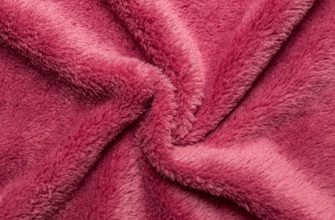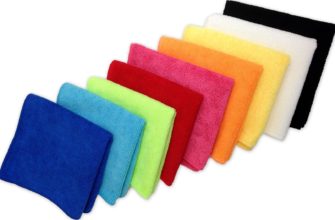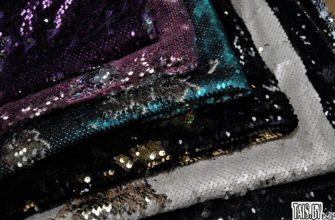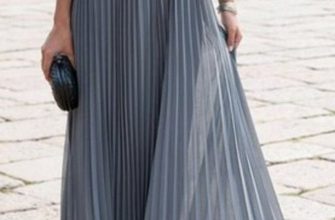The modern market offers a huge number of insulating materials. For example, polyester fiber. Hollow fiber is a synthetic material created from non-woven empty fabrics. It is used in various areas of human life: making jackets, blankets and more. The innovative material became widespread in 2005. For 14 years, it held a confident lead among other analogues.
- What is the material made of and how is it obtained?
- Performance characteristics and properties
- Hypoallergenic
- Applications of holofiber
- Hollowfiber filler: pros and cons
- Differences between holofiber and padding polyester
- Differences between down and synthetic fluff
- Proper care of holofiber products
- Caring for pillows and blankets
- Is it possible and how to wash holofiber in a washing machine
- How to properly wash a jacket or coat
- Reviews
What is the material made of and how is it obtained?
The holofiber filler is a homogeneous material with cavities sealed on both sides. It is lightweight, holds its shape well, and does not let heat through. It is available in 3 versions:
- layers (rolls);
- balls;
- canvas.
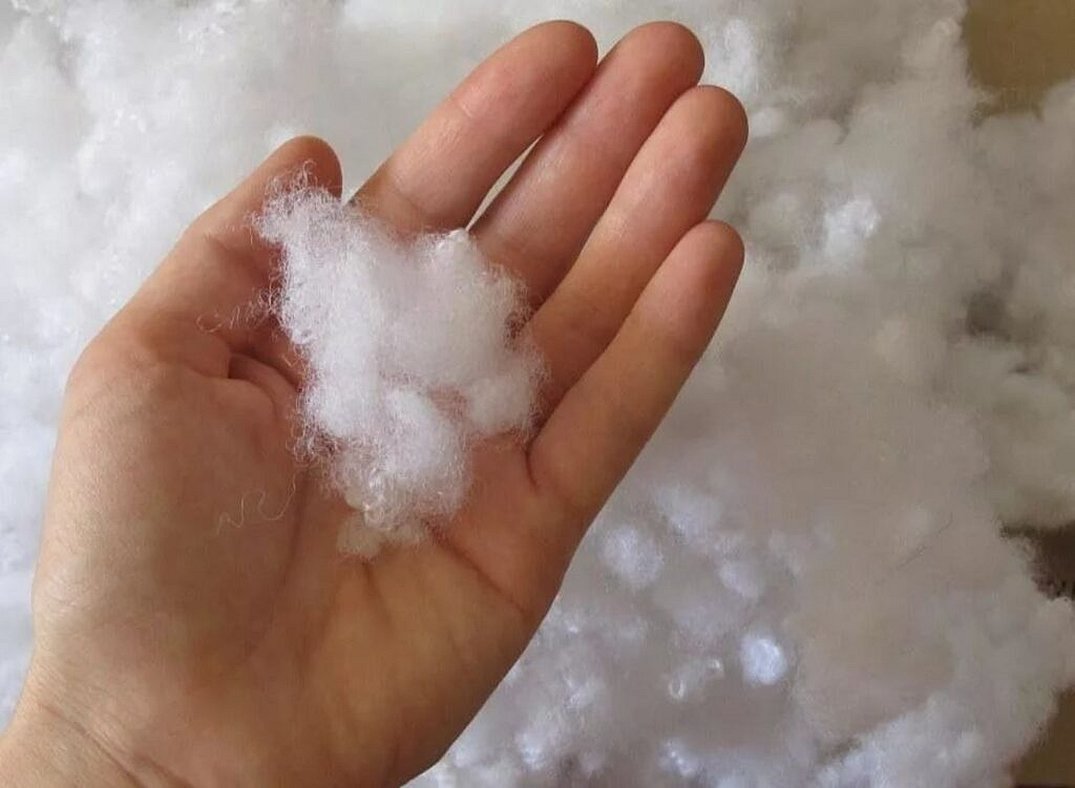
The form of production depends on the area of application. The canvas is often used as a filler for outerwear, the layers are used in construction, the balls are irreplaceable as a filler for pillows.
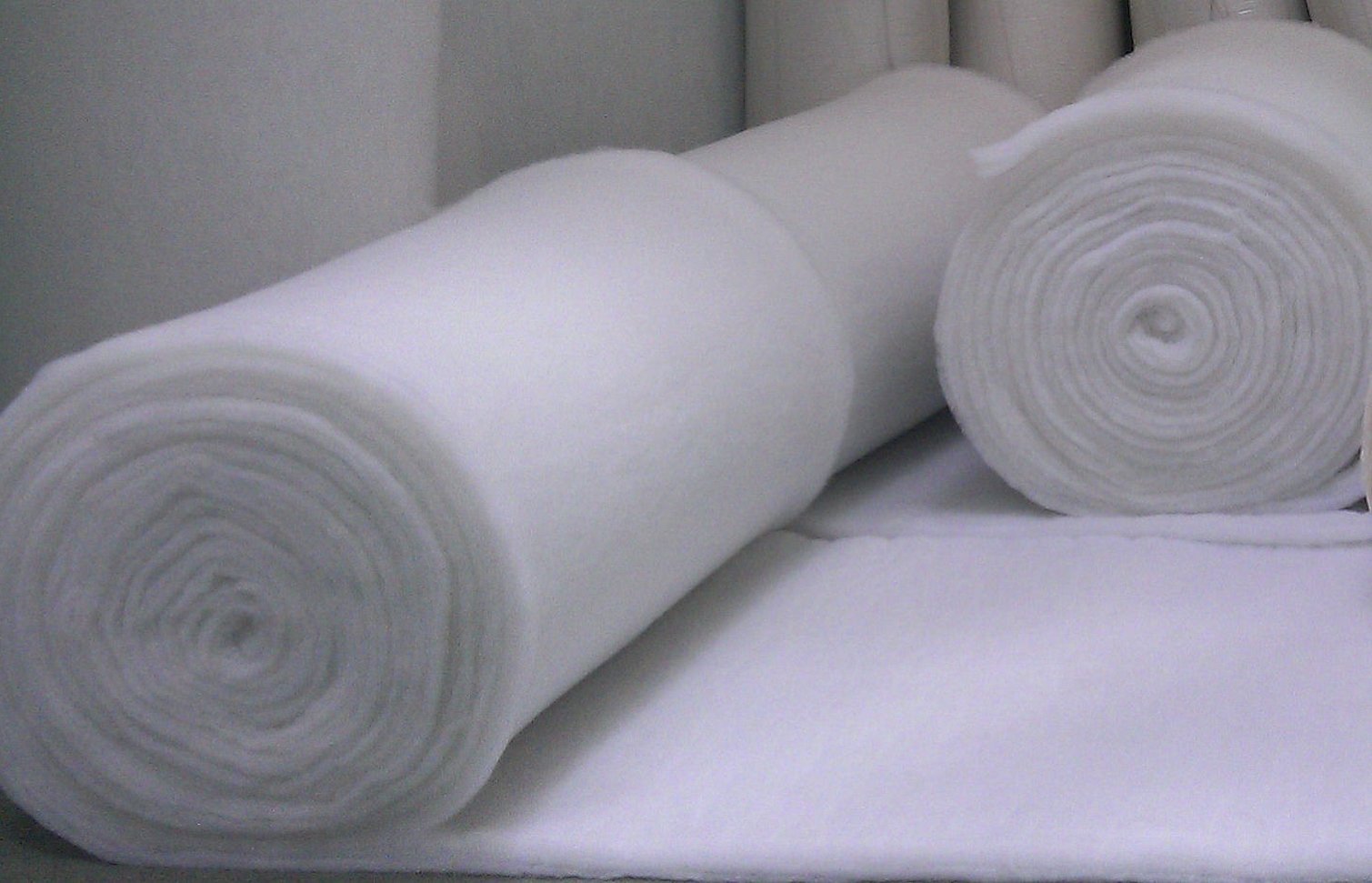
Important! Hollowfiber has only one layer, so it lets air through, allowing the skin to breathe. This advantage distinguishes it from synthetic padding.
What is holofiber made of? The material is made from polyester using heat treatment. The fibers are bonded at high temperatures, so they do not deform under high loads.
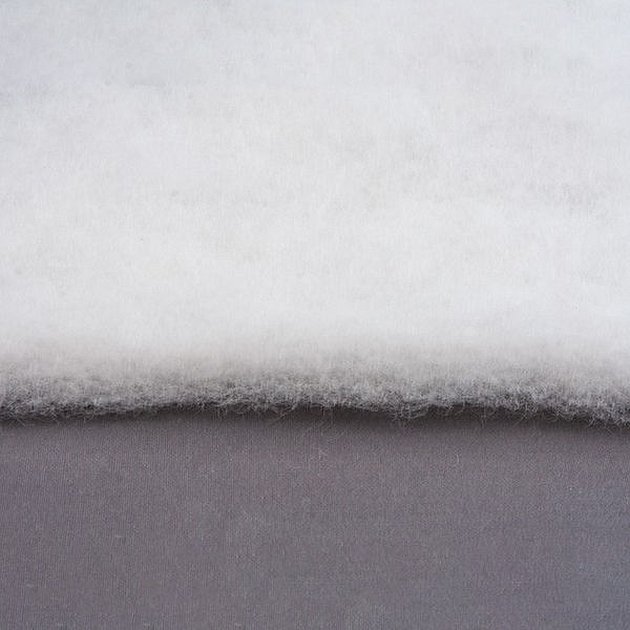
What makes holofiber unique is its composition: hollow polyester fibers. They are interlocked, due to which they do not lose their shape when squeezed.
Performance characteristics and properties
Hollowfiber: what is it? This is a modern synthetic polyester fiber. The filler is spiral-shaped. The fibers are distinguished by wear resistance and other properties:
- thermal insulation qualities, which is so important in winter;
- plastic;
- hypoallergenic;
- the ability to repel rather than accumulate water;
- elasticity;
- air permeability;
- the filler is resistant to combustion, due to which it does not spread flame;
- the fibers have low adsorption capacity, so they do not accumulate odors;
- hypoallergenic holofiber is recommended for children's clothing;
- the fibers do not shrink when washed;
- ease of care.
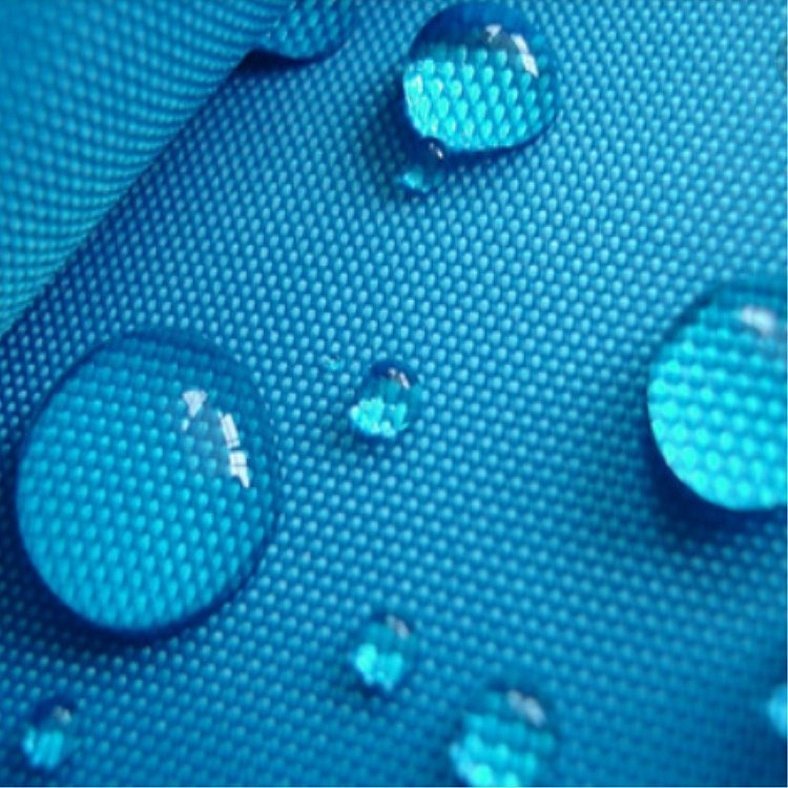
Hypoallergenic
Holofiber fabric has an important quality - hypoallergenicity. Blankets with such a filler are suitable for all people, even those who suffer from bronchial asthma. Dust mites, which can provoke allergies, do not start in the fibers.
Applications of holofiber
Polyester fiber is used to make clothes, mattresses, pillows, blankets and more. A big advantage is its hypoallergenic properties and sensitivity to individual microclimate. The following areas of use are distinguished:
- Mechanical engineering.
- Light industry.
- Construction.
- Manufacturing of furniture sets and more.
- Developments in aircraft manufacturing and space industry.
- Decorating.
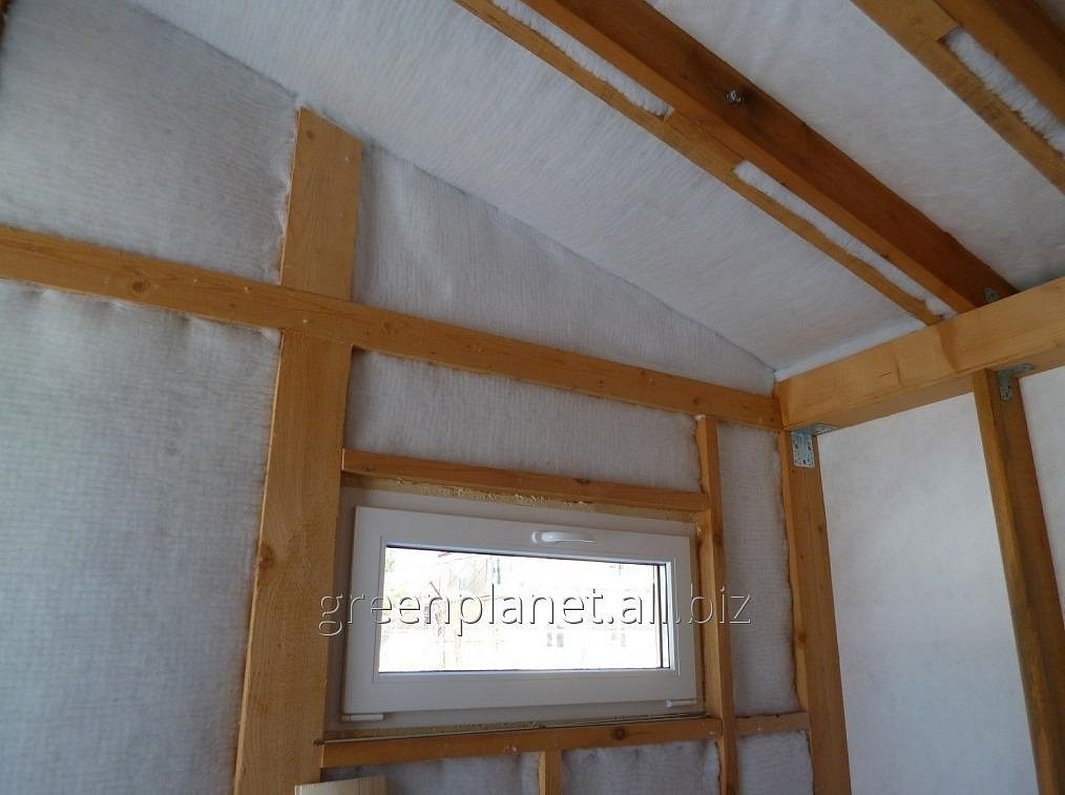
In the production of upholstered furniture, fillers of varying compactness are used.
Construction workers also know what holofiber is. The material is needed to fill the free space between walls for heat and sound insulation.
Hollowfiber filler: pros and cons
Holofiber filler: what kind of material is it? All owners of blankets and jackets can tell you about it. Among the advantages of insulation are:
- absence of toxic substances during production;
- quick drying after washing;
- has soundproofing properties, for which it is valued in construction;
- prevents the formation of static electricity;
- the presence of thermal insulation properties.
There are practically no downsides:
- spoils quickly if not properly cared for;
- does not withstand washing at high temperatures;
- In terms of quality, it is inferior to natural linen and cotton.
Important! Unlike other synthetic pillows, bedding made of holofiber does not lose its shape.
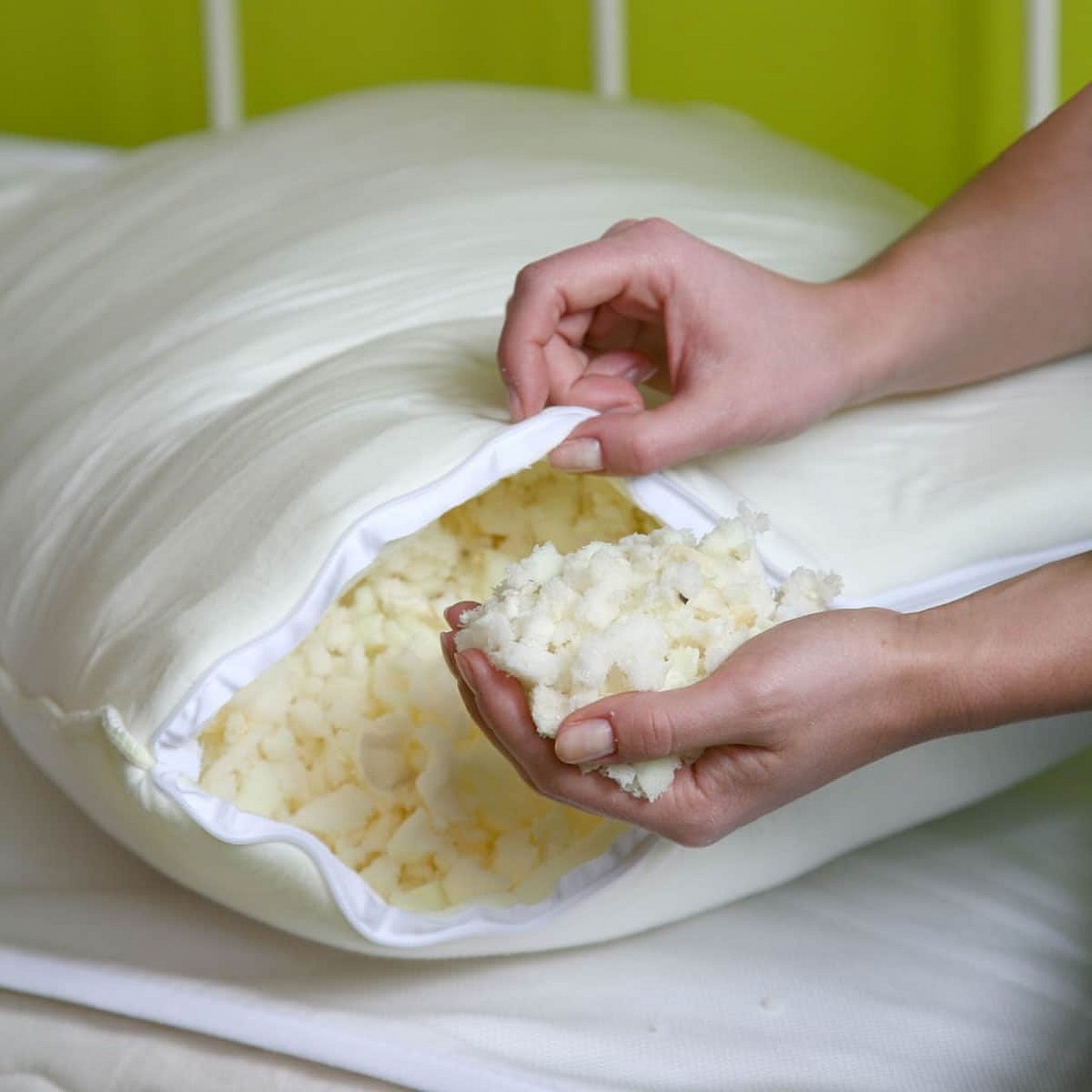
Differences between holofiber and padding polyester
Those who do not know what holofiber looks like may confuse it with synthetic padding. Among the differences between these two materials are the following:
| Sintepon | Hollowfiber |
| heavier | It weighs little |
| The fibers are parallel and easily torn. | The threads are placed randomly, but are welded in a special way, which makes them strong. |
| Lumps form quickly and the shape of the product deteriorates | Does not deform |
| Not used for construction work |
The material used is the same, but the production of holofiber is different.
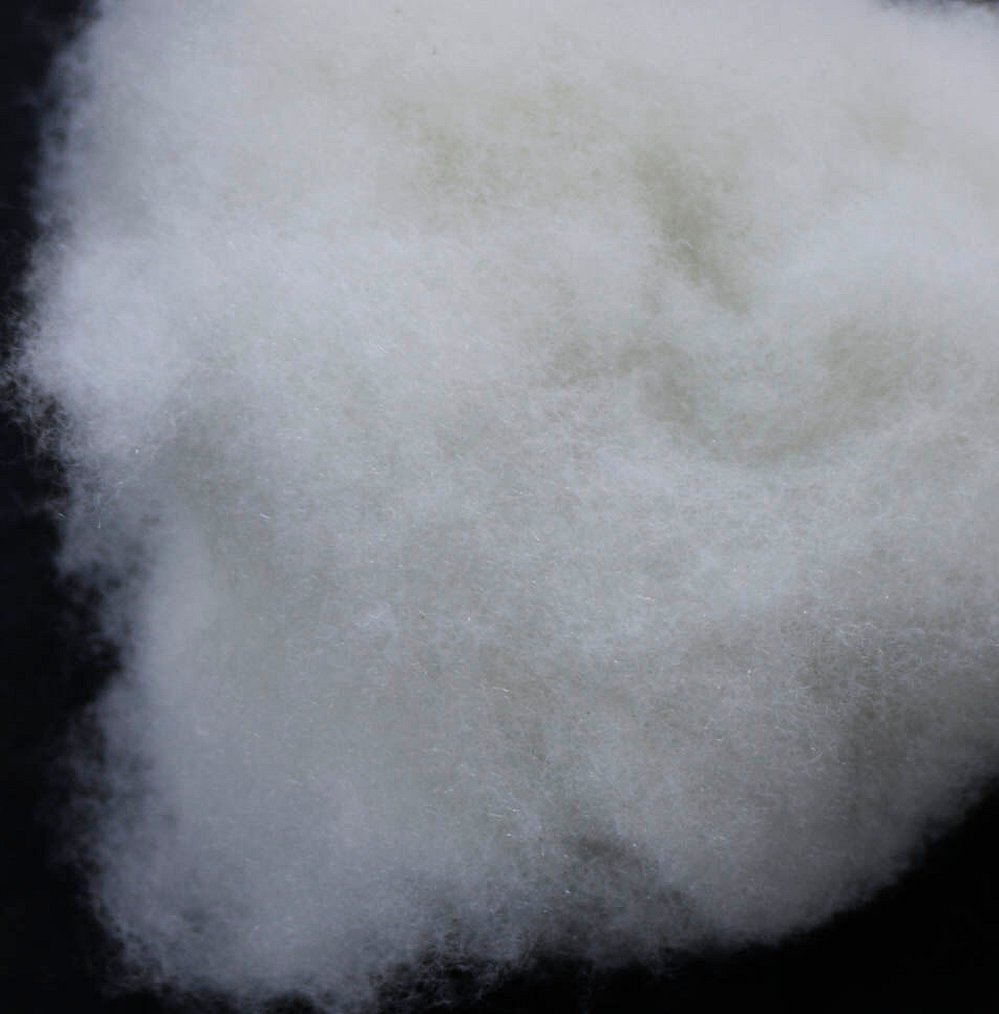
Differences between down and synthetic fluff
Synthetic fluff is a material that is not yet widely used. It is a non-woven fabric made of polyester. Its characteristics are superior to those of natural fluff. The following advantages of synthetic fluff are highlighted: environmental friendliness, lightness, easy care (dry cleaning or machine washing), no static or odor. Among the disadvantages, the harm of frequent washing is noted. Synthetic fluff and holofiber are similar in production technology, areas of application, long service life of clothing, and more. Among the differences, the lightness of synthetic fluff and the impossibility of its use in construction are noted.
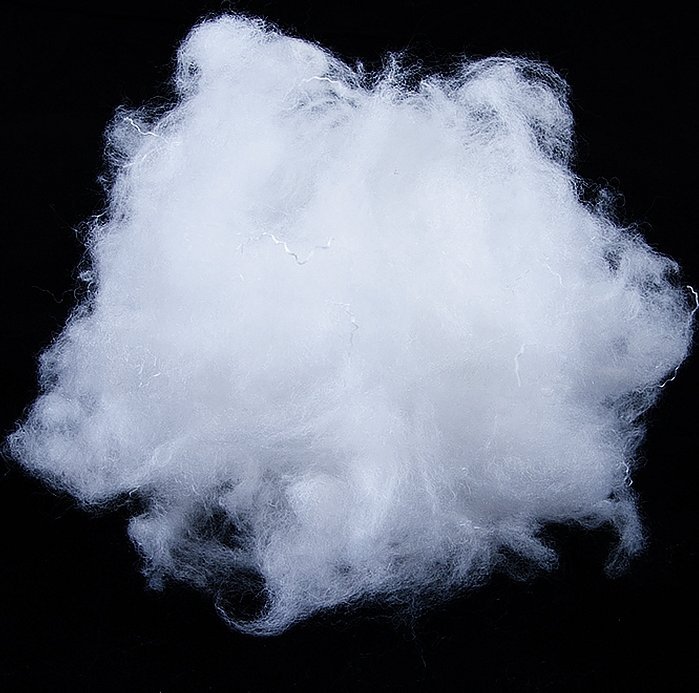
Proper care of holofiber products
Holofiber cloth and products made from it can be washed by hand and in a washing machine. For this purpose, use powder or bleach.
Caring for pillows and blankets
Washing bedding is not difficult. The mode and temperature depend on the degree of contamination, the type of fabric top and other factors. For example, it is better to wash a large blanket by hand, as it will not fit in the machine. The material can withstand temperatures of 900, but there is no need to use such temperatures often.
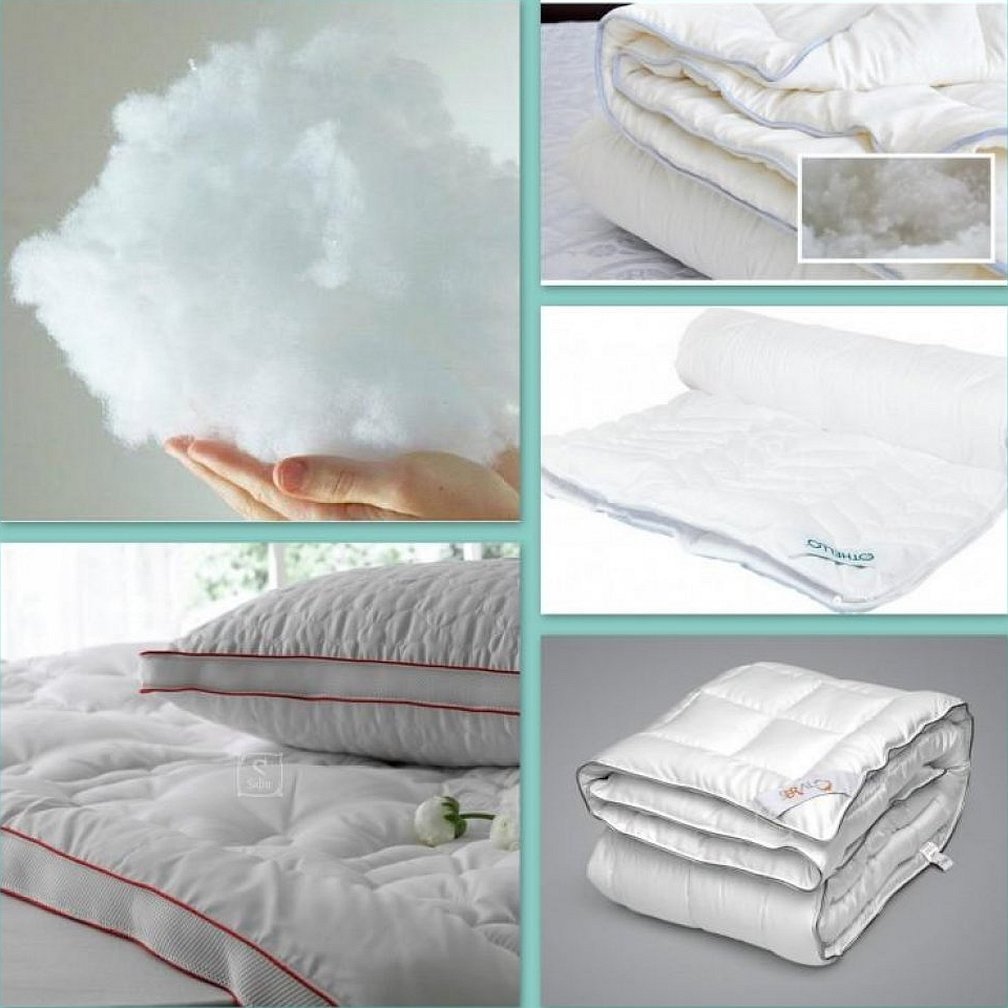
Is it possible and how to wash holofiber in a washing machine
The developers allow washing things with holofiber in a washing machine. But this should not be done often, about 1-2 times a year. It is better to clean things in the summer or fall so that they dry quickly. Choose a delicate wash.
How to properly wash a jacket or coat
Before washing outerwear made of polyester fiber, it is necessary to soak it in soapy water. The desired mode is 40 degrees. It may vary depending on the surface of the jacket. If it is made of membrane fabric, choose a delicate mode (do not use powder). If the top is bologna, hand washing without strong wringing is recommended. Hang the jacket or coat on hangers to drain the water. There is no need to iron the product.
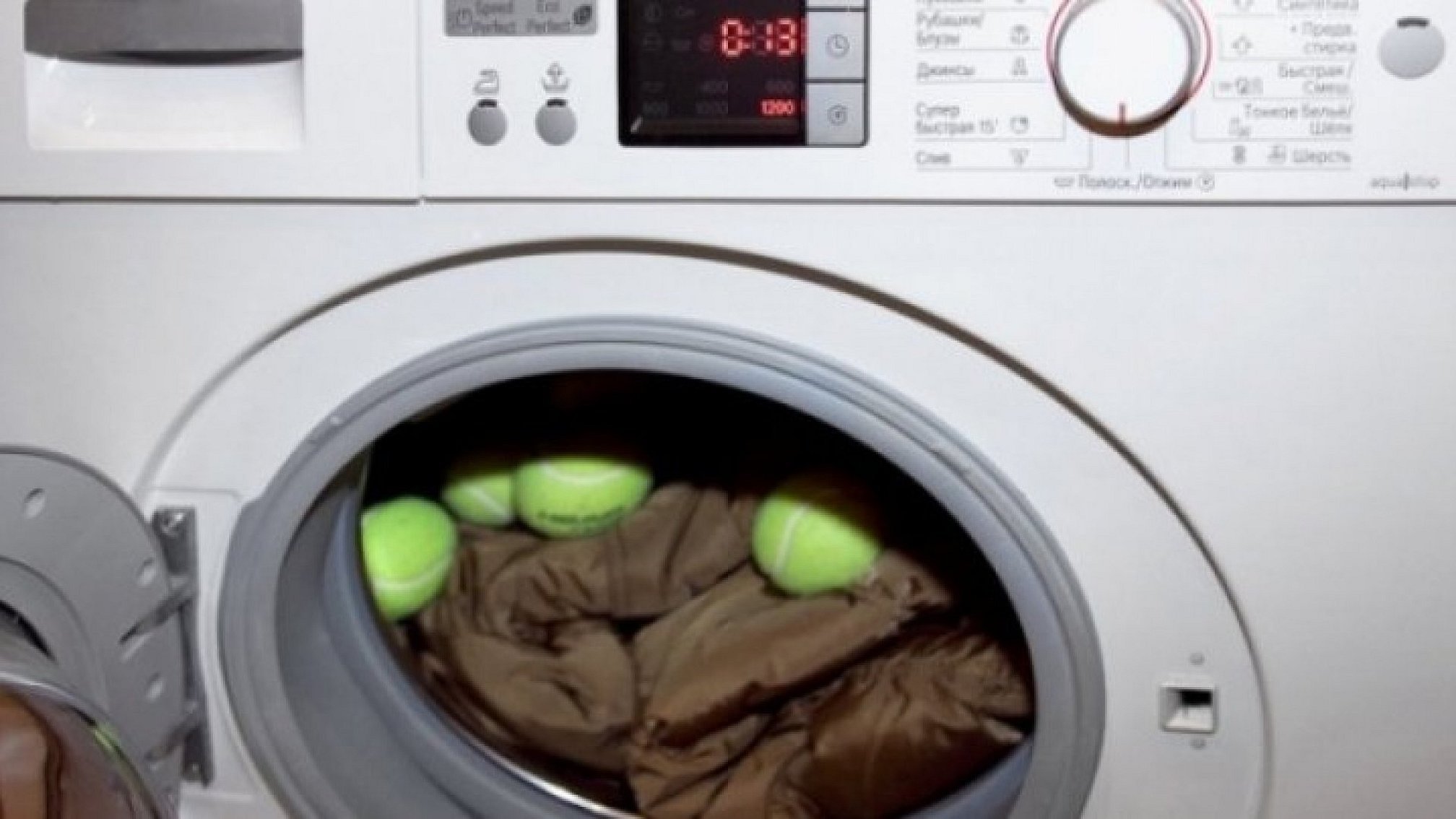
Reviews
Pavel: "I bought myself a down jacket with holofiber. I really liked the product. The jacket is warm, light, and inexpensive. I thought that after washing the filling would bunch up, but everything stayed in place."
Maria: "My husband and I recently bought a blanket with a holofiber synthetic filler. I wash it 2-3 times a year. So far, this has not affected the quality in any way. The blanket is inexpensive, but very warm. Sleeping under it in cold weather is a pleasure. It is worth noting that the filler has not bunched up, the blanket does not deteriorate due to washing."
Grigory: "I heard the name holofiber, but I didn't know what kind of material it was. I bought a mattress. It turned out to be very comfortable, doesn't get damaged. I liked the weight, it's not hard to carry. It's inexpensive."
Hollowfiber is a versatile and comfortable material that many people like. Its characteristics allow it to be used in various areas of human life. Products made from it are warm, soft, and do not require complex care.

